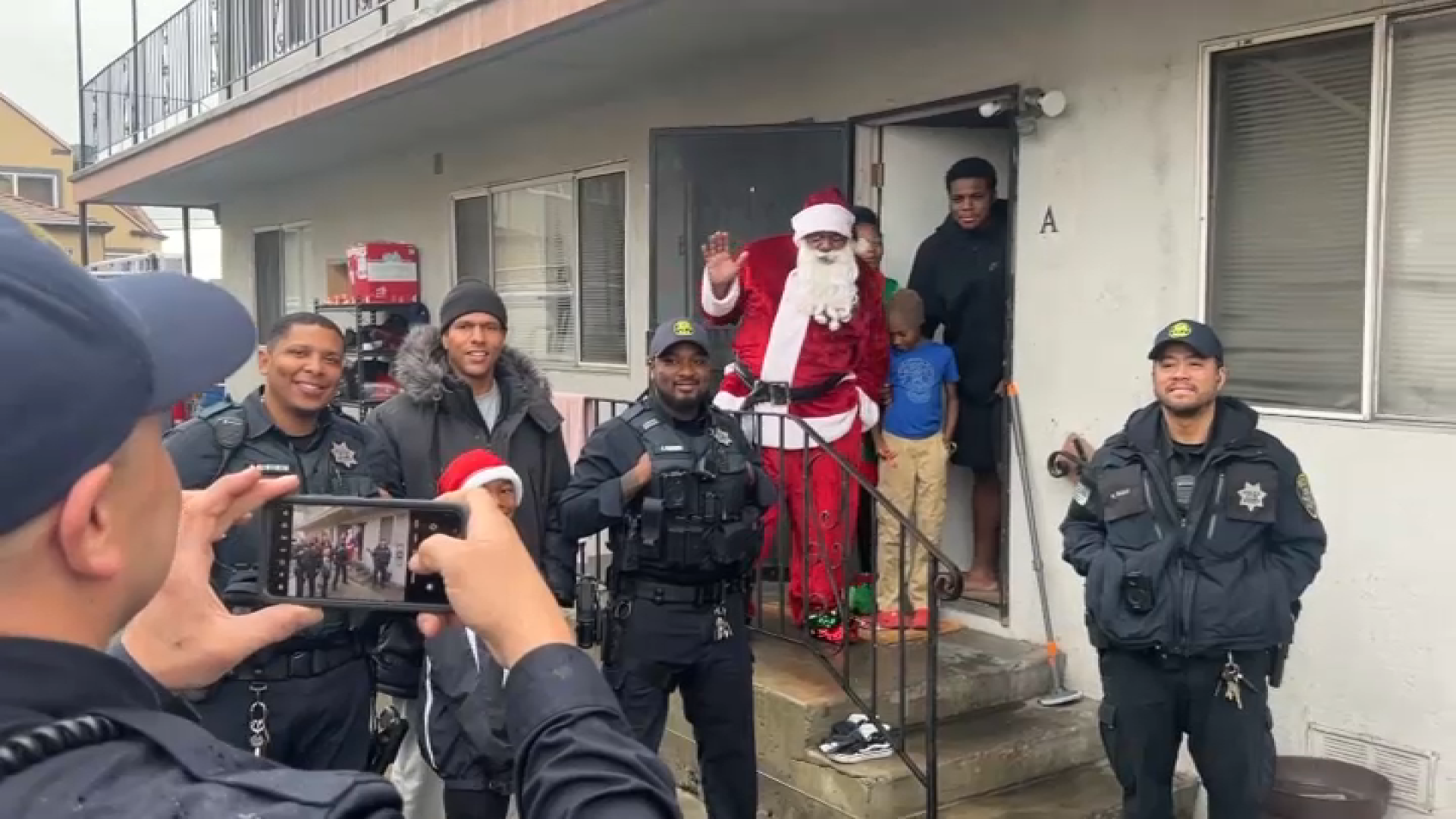Daniel Lurie took an initial lead Tuesday night in the San Francisco mayoral race, which by Wednesday morning became a two-candidate contest between the Levi's heir and incumbent Mayor London Breed.
Preliminary results as of 11 p.m. revealed Lurie was in first place at 56% of first-choice votes and Breed's trailing behind at 44%. The other three candidates reportedly had dropped from the race as of Wednesday morning.
These early results included mail-in ballots and about 37,300 ballots cast at voting centers.
But these numbers do not reflect who wins in the end since San Francisco uses a ranked choice voting system to decide the winner. Of the ballots counted so far, multiple rounds of eliminating candidates and redistributing their votes to the remaining candidates showed Lurie receiving many transferred votes.
After all of the candidates are eliminated except for Breed and Lurie, Breed ended up with about 44% and Lurie with 56%, according to the initial results Tuesday night.
When Farrell was eliminated, over half of his votes transferred over to Lurie.
"Lurie's getting about 55% of vote transfers from Mark Farrell, which is a big deal. And, that's one of the key reasons why he's winning in the end," Jason McDaniel, a political science professor at San Francisco State University, said in an interview.
Local
At his election night party Tuesday, Farrell conceded the race as results came in. He said will get behind whoever is the next mayor.
His support appeared to wane leading up to Election Day due to three former mayors calling for an investigation into his campaign finance tactics. The San Francisco Ethics Commission then handed him a large fine right before Election Day for using some money from his Proposition D campaign to fund his separate campaign for mayor.
Get a weekly recap of the latest San Francisco Bay Area housing news. >Sign up for NBC Bay Area’s Housing Deconstructed newsletter.
"There just was not a lot of positive stories driving Farrell's campaign in the last several months in the election," McDaniel said.
He formed an alliance with fellow candidate Ahsha Safai as a strategy around ranked-choice voting to share each other's voting blocks. However, it appears unfruitful because Safai received only 3% of votes.
"His votes didn't transfer that much support to Farrell. That might change a little bit as more votes get counted but it's not enough to make a difference," McDaniel said.
Lurie is the only top candidate from outside San Francisco politics, never holding a position in local government.
"We knew this would not be easy," Lurie said in a speech at his election party Tuesday night. "The last time someone from outside of city government became the mayor of San Francisco was 1911. It was five years after the earthquake and it was an inflection point. And here we are, more than a century later and our city finds itself at another inflection point."
While Lurie's early lead shows he has a strong chance to win in the end, counts from ballots cast in person at voting centers and later mail-in ballots could shift the results favorably toward Breed and Peskin because of the demographics of these late voters.
"Election Day voters tend to be more progressive, more left leaning and younger," McDaniel said. "These are the kind of voters that will vote in higher numbers for Aaron Peskin probably and I expect London Breed as well. If that doesn't happen, then I think this will be a Lurie victory. But I expect the next block of voters to not look as good for Lurie as this block of voters did."
Results will continue to update in the coming days as more ballots get counted.
One of the main downsides to ranked choice voting is that voters may have to patiently wait until a final result is determined. The city has one month to finalize the count.
"We haven't had any major electoral complications around ranked choice voting, except waiting for it to be tallied," James Taylor, a political science expert and professor at University of San Francisco, said in an interview. "The waiting part is about the only confusion that happens with ranked choice voting."



